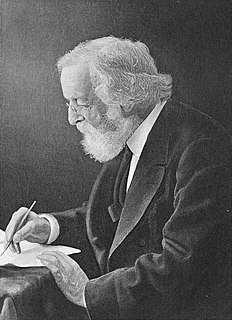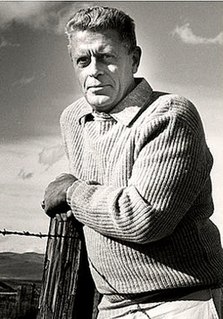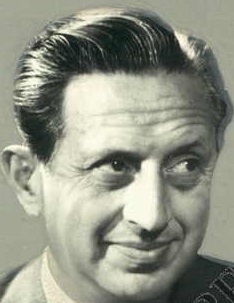A Quote by James Freeman Clarke
Conscience is the root of all true courage; if a man would be brave let him obey his conscience.
Related Quotes
True law, the code of justice, the essence of our sensations of right and wrong, is the conscience of society. It has taken thousands of years to develop, and it is the greatest, the most distinguishing quality which has developed with mankind ... If we can touch God at all, where do we touch him save in the conscience? And what is the conscience of any man save his little fragment of the conscience of all men in all time?
Another doctrine repugnant to Civill Society, is that whatsoever a man does against his Conscience, is Sinne ; and it dependeth on the presumption of making himself judge of Good and Evill. For a man's Conscience and his Judgement are the same thing, and as the Judgement, so also the Conscience may be erroneous.
We may gamble on outsmarting the law; we may even gamble on the leniency of man and the mercy of God-but no man ever won a gamble with his own conscience. Even should he think he has beaten his conscience into submission, his misdeeds still leave their mark upon him. Anyone who gambles against this fact has already lost his gamble.
What is a great man who has made his mark upon history? Every time, if we think far enough, he is a man who has looked through the confusion of the moment and has seen the moral issue involved; he is a man who has refused to have his sense of justice distorted; he has listened to his conscience until conscience becomes a trumpet call to like-minded men, so that they gather about him, and together, with mutual purpose and mutual aid, they make a new period in history.
I came to believe it not true that "the coward dies a thousand deaths, the brave man only one." I think it is the other way around: It is the brave who die a thousand deaths. For it is imagination, and not just conscience, which doth make cowards of us all. Those who do not know fear are not truly brave.
The central trait of sociopathy is a complete lack of conscience, which is very difficult for most people to get their heads around, because those of us who do have a conscience can't really imagine what it would be like if we didn't. Most people think that deep down everybody has a conscience, and it turns out that's just not true.




































